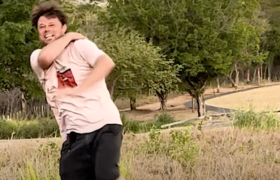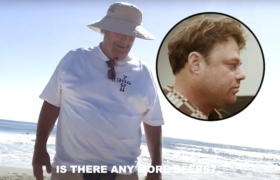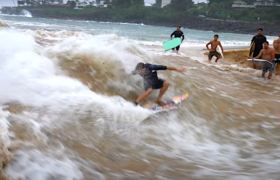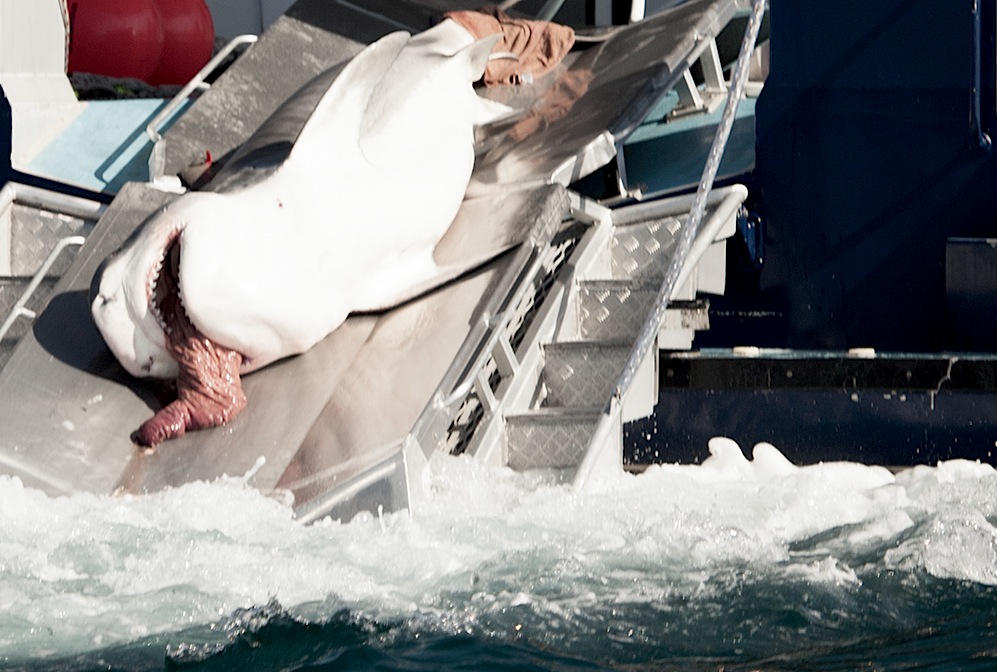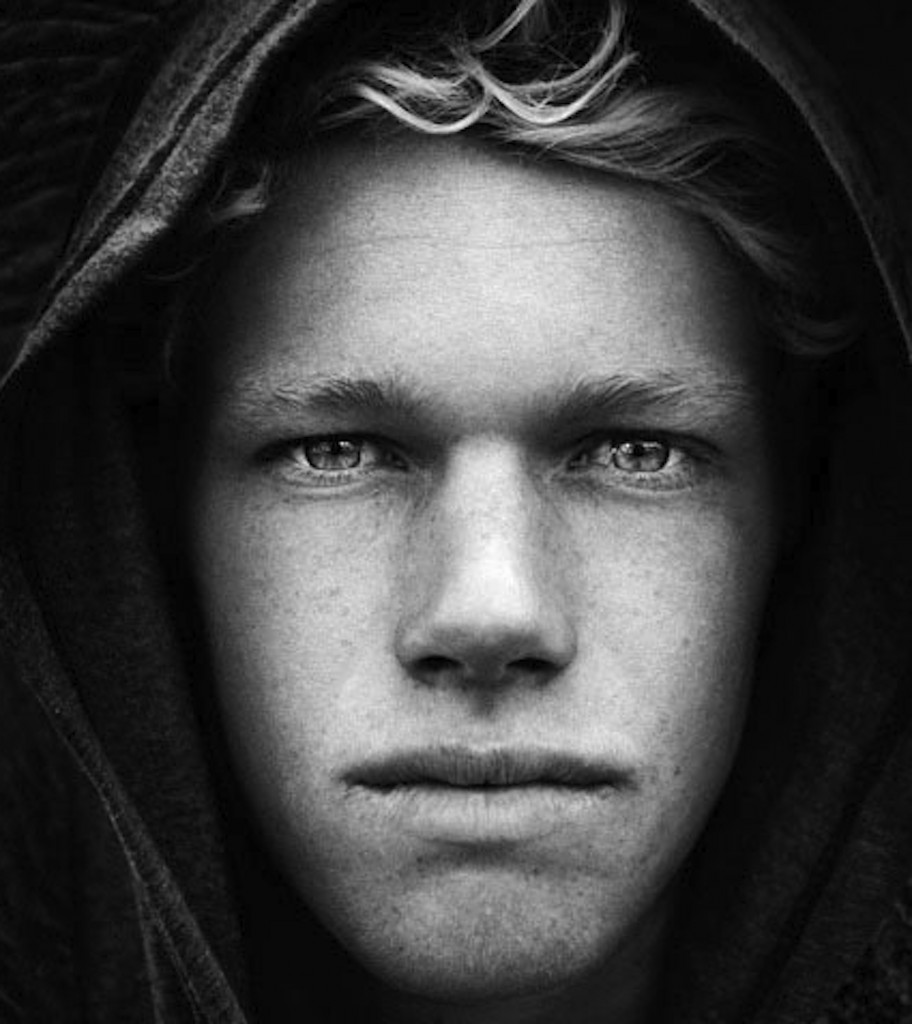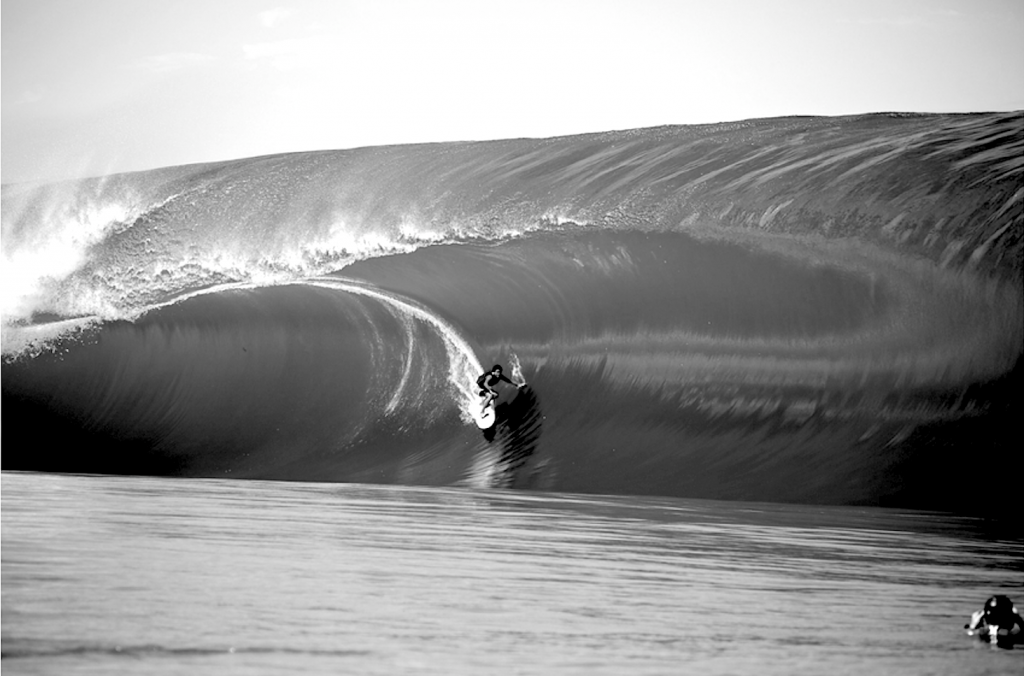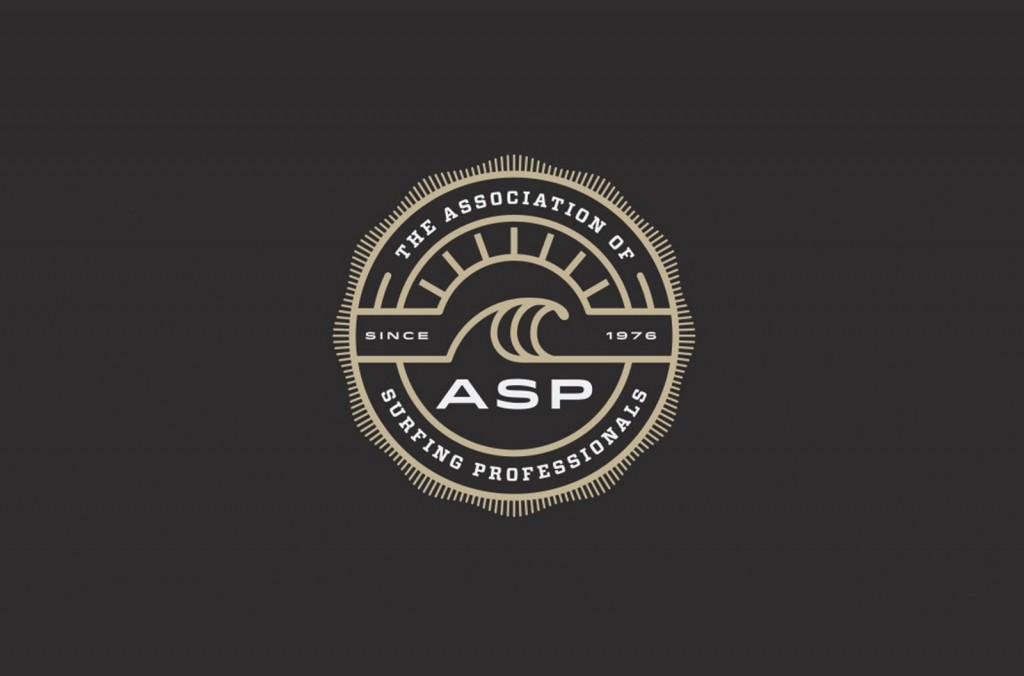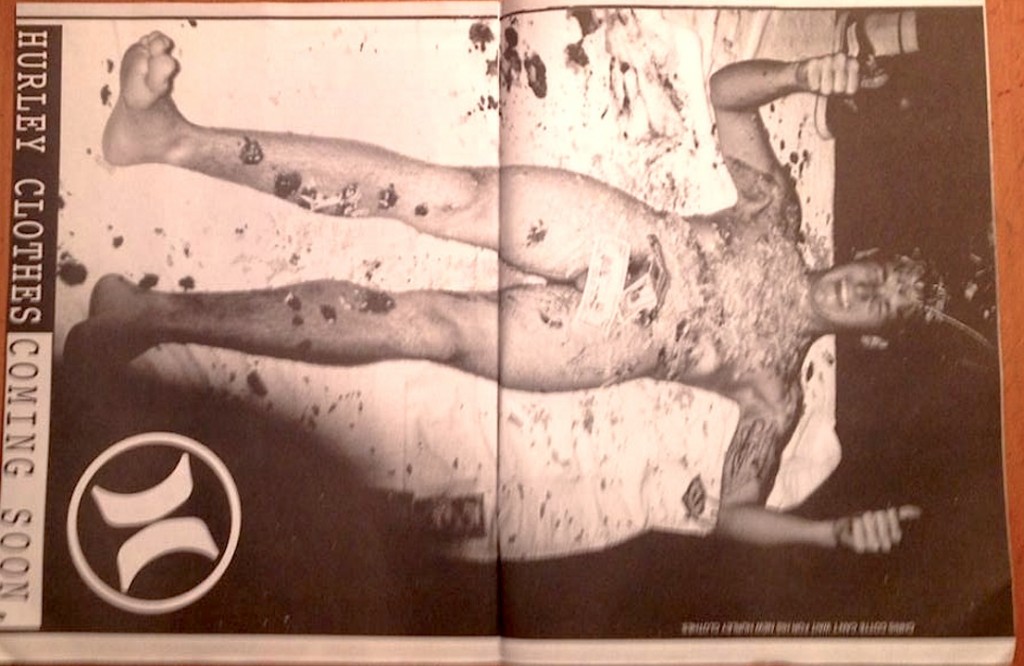No more baited hooks in Western Australia. But great whites might still get iced if there's more killins…
Western Australia has a shark problem. That ain’t news. Eight deaths since 2008 (on surfers, bodyboarders, snorkellers and swiimmers), and attacks spiking off the charts since 2000, isn’t good for tourism or the beach lifestyle Australia’s biggest state is famous for.
But it ain’t news.
What is news is that the Environmental Protection Authority has scuttled plans by the WA government to re-deploy baited hooks off Perth and south-west beaches.
Yeah, the stats aren’t pretty. Instead of cleaning up great whites, the hooks killed 64 tiger sharks and various other fish. And, visually, the sight of ensnarled sharks being hauled up the starboard side to receive a bullet to the head or knife to the guts belly was always going to be a tough sell.
Yeah, but still.
WA’s premier Barnett had planned to roll out 72 freshly baited hooks come November. He also was pushing for a wider exclusion zone around the contractors (hello Sea Shepherd!) and the freedom to bring the hooks closer to shore if deemed necessary.
No way, said EPA Chairman Dr Paul Vogel, pointing instead to a “high degree of scientific uncertainty” and inability by the Barnett Government to provide a “high level of confidence” to the EPA that his multi million dollar program was indeed an efficient way of dealing with the shark menace. “The EPA has adopted a cautious approach by recommending against the (Government’s) proposal,” Dr Vogel said.
Barnett bit his lip and promised any rogue shark would still be dealt with, “destroyed and removed”, to be precise.
Either way, sure is great news for the white pointer, better still perhaps for the scores who joined the masses on the foreshore, banging drums, blowing whistles and and pleading for the sharks to be left alone to go about their business.
“More chance of being run over by a car!” they shrieked. “You’re in their environment!”
Don’t you dare suggest the removal of a few apex predators is going to help you sleep better at night. Who cares about you and your pre-dawn surfs, your late arvo glass-offs, your kiddies and their comps.
#Save the Great White Shark!
#I Know I Eat Sushi But Sharks Are Special! To hell with tuna!
Surfing WA Chairman, Bob Welch, was one of few who held firm when he learnt of the surprise ruling by the EPA. “We are very disappointed,” said Welch. “Our members will expect us to continue a pro-active stance in considering their safety while in the ocean. We will continue to work with the government on investigating all possible strategies to maintain safety.”
And for now, that means helicopter patrols over Perth’s metro beaches and a paranoia-inducing Twitter feed which provides up-to-the-minute updates on any shark sighting. Feel like a surf? Head to Twitter and discover there’s two great whites offshore. But, yes! It’s their ocean!
For surfers in the state’s south-west, particularly in and around Margaret River, the proposed helicopter patrols will prove little comfort given the clumsy system in place should a shark be sighted.
Guidelines set out by Fisheries WA in 2012 state it will only act on a sighting if verified by “experienced commercial fishers, Surf Life Saving WA representatives or Fisheries officers.”
The guidelines say that sightings from that select group, “have tended to be more reliable than reports from the general public.”
“I can’t really say having a helicopter buzz over every couple hours made me feel any safer,” says surfer Dino Adrian of last year’s rush to ease a scared populous. “I can’t really say that the hooks made me feel any safer either, but something had to be done.”
And therein lies the real issue. Something had to be done. But what?
Chris Boyd was killed while surfing at Umbis in November 2013, a beautiful wave known for throwing up throaty barrels located a stone’s throw off the beach along the Ellensbrook side of Gracetown.
His death, like every other, sent a chill down the spine of every surfer in Margaret River, given it’s ferocity and the fact it occurred on an absolutely stunning spring morning, throwing every preconceived idea of when and where attacks occur out the window.
The area surrounding Umbis came under immediate suspicion. Two other surfers had been killed a short walk away and every surfer has a story about being chased out of the water by sharks with eyes “as big as oranges”.
“It was a pretty hectic period,” says Adrian of the aftermath left by Boyd’s death. “I was glad when Barnett did something but it freaked me the fuck out that Chris was killed where he was. There’s so many good waves over that side of town, but I don’t surf there anymore – except North Point but even that’s a bit of a gamble.”
Similarly, another well-regarded surfer Chris Ross, himself no stranger to deep water and all of its ghastly inhabitants, recalls a growing sense of dread at the spike in sightings.
“I grew up in Margs and I can’t recall it (shark menace) even being a problem when I was a kid,” he says. “But I think that white pointers have been a protected species for long enough that there population just grew and grew and it’s just gotten to the point that there’s so many of them. You’d have to say it’s out of control.”
The stats back Ross up. Before 2004, in the hundred or so years of records being kept? No fatal attacks. The great white shark has been a protected species since 1999.
Ross, like Adrian and like a lot of others down this way who would rather remain nameless, want action.
Ross suggests taking the white pointer off the protected species list for a while, Adrian favouring a scientific approach.
“The drum lines were a bit of a knee-jerk reaction,” says Adrian. “But good on Barnett I reckon, he had to do something quickly and he did. I’d just like to see more research into why there’s so many big sharks all of a sudden.”
And so, as the whales start to appear off the coast on their annual path down south, the surfer in the south-west can only look out to sea and imagine what follows those beautiful big blubbery mammals and hope that dark shape below is just a dolphin.
Just a dolphin.
